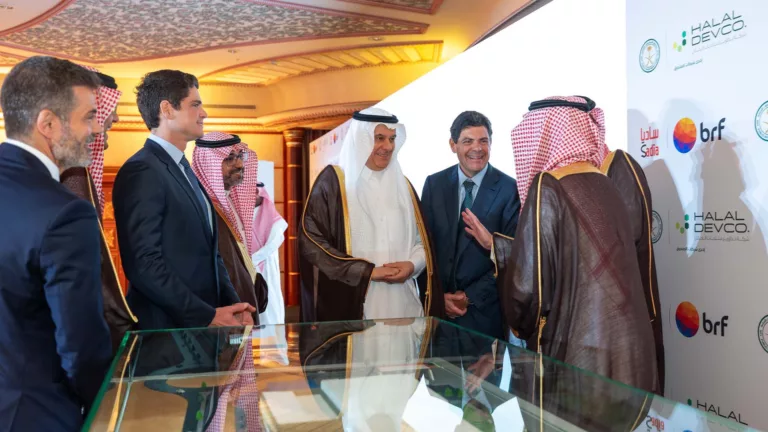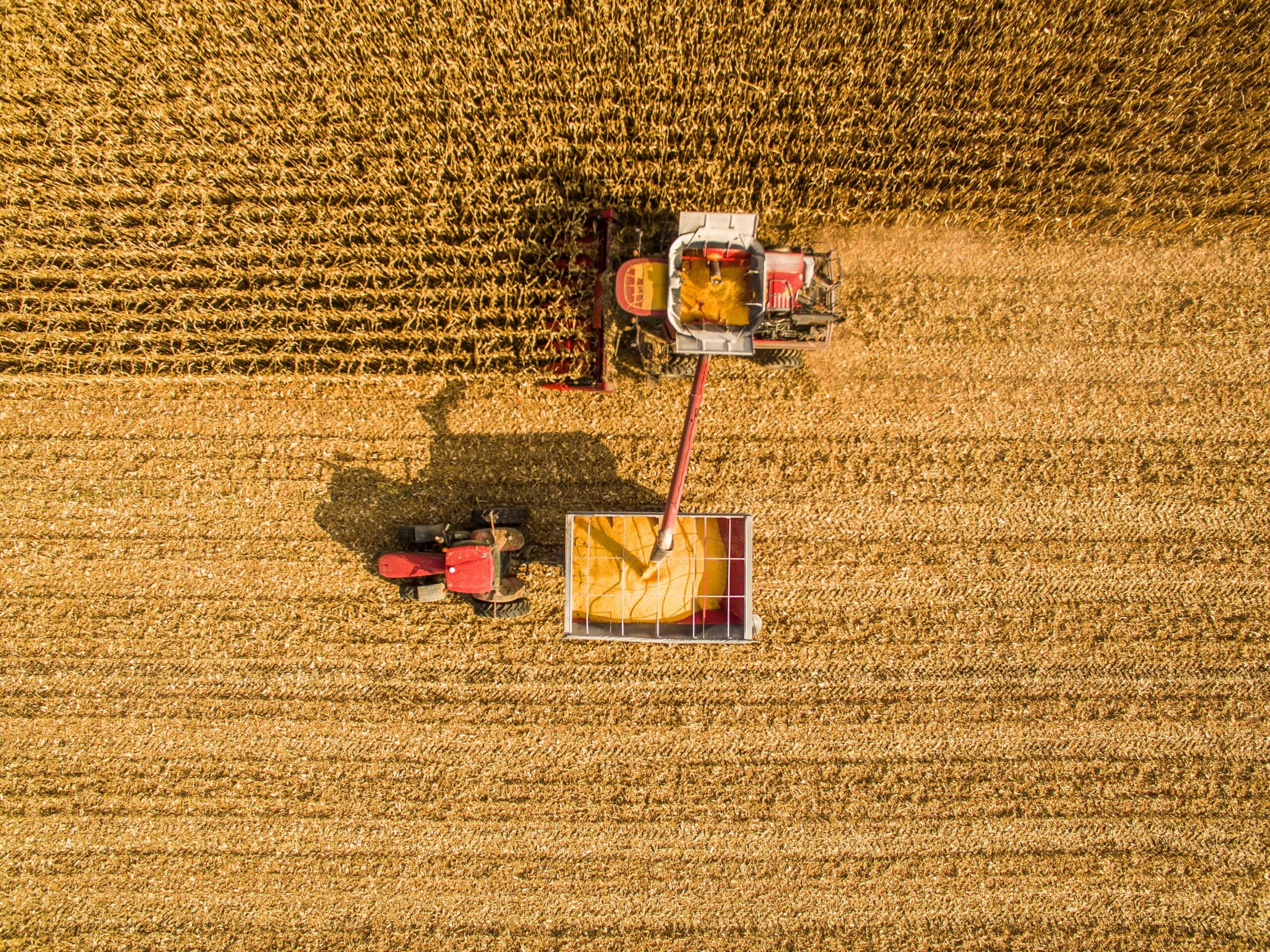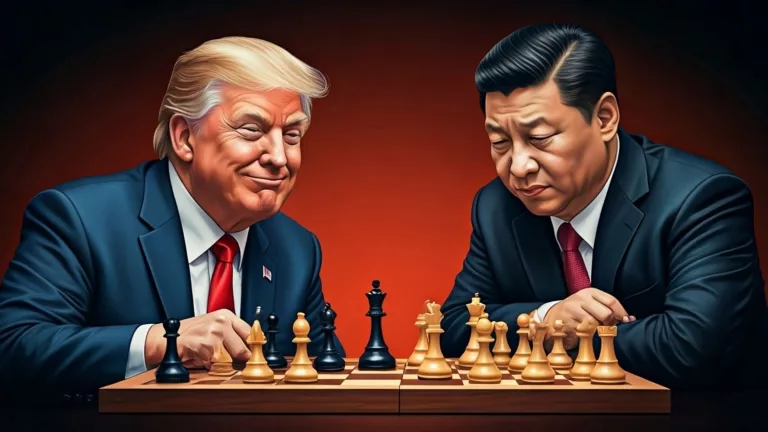
Often in the spotlight for deforestation charges, Brazil’s meatpackers have typically responded with denial statements, emphasizing their efforts to track the supply chain. For the first time, they have taken a bold stand, securing a public retraction from Carrefour’s global CEO over remarks questioning the quality of Brazilian beef.
Last week, Alexandre Bompard, Carrefour’s global CEO, posted a letter on his social media pledging to stop sourcing beef from Mercosur countries, citing concerns over the EU-Mercosur trade deal set to be finalized next month. Bompard mentioned the “risk of flooding the French market with beef that fails to meet its standards and requirements,” indirectly targeting producers in Brazil, Argentina, Uruguay, and Paraguay.
Today, the French CEO sent an apology letter to Brazil’s Minister of Agriculture, Carlos Fávaro, signaling a potential shift in how the industry handles such disputes —moving away from the ineffective practice of only issuing repudiation notes.
Carrefour’s acknowledgment of its mistake only came after Brazilian meatpackers demonstrated their economic clout by suspending beef deliveries to the country’s largest retail chain. This strategic move placed the commercial interests of Carrefour’s wholesale branch, Atacadão, in direct opposition to Bompard’s stance.
Brazil is the Carrefour’s second-largest market, contributing approximately a quarter of the group’s global sales last year, only behind France.
“It’s the first time we’ve reacted with dignity, moving beyond an individualized approach to problems,” said a source within the industry who was involved in negotiations demanding Bompard’s apology.
The meatpackers’ response caught the French off guard. Paris did not anticipate that raw material exporters would have the audacity to assert a distinctly Brazilian agenda, showing that economic pressure can influence global players like Carrefour, Danone, and Tereos —the latter two having also adopted protectionist rhetoric in recent weeks.
Assertive Strategy
The meatpackers’ response was widely praised in Brazil, uniting diverse political factions from President Lula’s government to the opposition. Analysts and prominent consultants endorsed the strategy.
“The reaction from meatpackers was appropriate. False information must be countered,” said Marcos Jank, an expert in foreign trade and professor at Insper, one of Brazil’s top economics schools. “It’s unacceptable for a global company, which has been in Brazil for years and buys significant volumes from Brazilian meatpackers, to engage in misleading rhetoric.”

Brazil’s environmental law requires that farmers with properties within the Amazon region preserve with native vegetation at least 80% of the farm without being paid for that. In the Cerrado region, which comprises most of Brazil’s crop and beef production, 35% of the farms must be safeguarded. While deforestation issues persist, the meat industry has been actively working on effective solutions for years.
For Brazilians, there is a contrast between environmental commitments, and French laws are milder. “In France, farmers revolted against a proposal requiring them to set aside just 4% of their land for fallow, which isn’t even a permanent preservation measure,” compared Antonio Cabrera, a former agriculture minister of São Paulo. “For the first time, Brazil’s agribusiness showed its strength.”
According to Cabrera, the bold response from Brazil’s industry should prompt European leaders—particularly the French—to rethink their stance on international trade. “Otherwise, they risk turning French multinationals into local enterprises.”
Trade Deal Impact
The dispute between Carrefour and the meatpackers was triggered by a letter from Bompard supporting French farmers protesting the EU-Mercosur trade agreement.
For most agricultural products, the agreement imposes numerous restrictions to protect European markets. Beef and chicken, considered sensitive products, remain subject to import quotas. The deal allows for a gradual increase in these quotas, including an additional 99,000 tons of beef for Mercosur countries over six years, with a 7.5% tariff —below all the taxes currently applied.
Although this adjustment makes South American beef more competitive, the volumes are insufficient to flood the European market. Last year, Brazil exported about 130,000 tons of beef to the EU, much of it outside quota limits, incurring a hefty €3.04 per kilogram tariff plus 12.6%.
Despite the agreement’s potential to improve Brazil’s export conditions, volumes remain modest relative to Europe’s market. In 2023, EU member states produced 6.5 million tons of beef, with total imports reaching just 363,000 tons—less than 5% of the continent’s consumption, according to USDA estimates.
“Today, the European Union accounts for 4% of Brazil’s export volume but 98% of our problems,” said Lygia Pimentel, a partner at Agrifatto consultancy.




